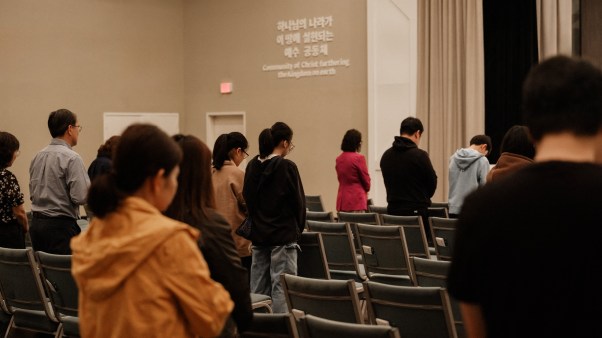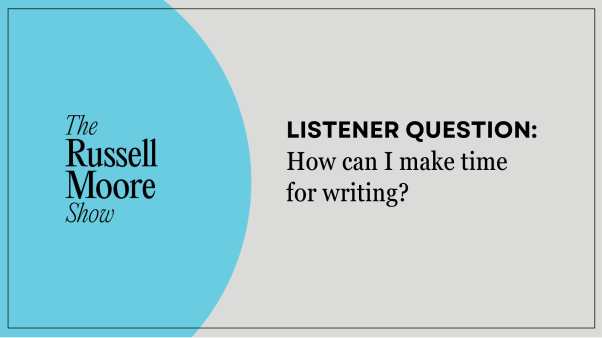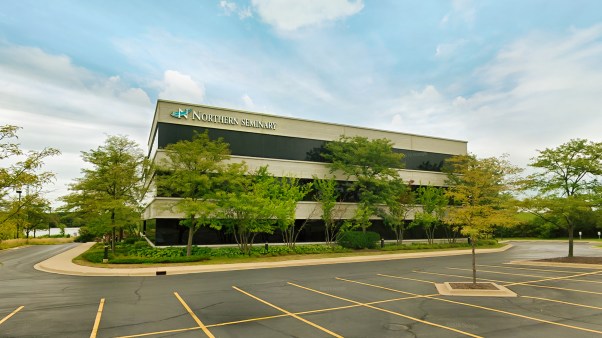A U.S. district judge, citing strong evidence of religious discrimination, has stopped the city of Cypress, California, from taking a church’s land to allow Costco to build a retail outlet.
On August 6, Judge David O. Carter halted the city’s use of eminent domain to take the Cottonwood Christian Center’s land. The 4,000-member church, unaffiliated with any denomination, is developing a new complex on 18 acres in Cypress. Governments use the power of eminent domain to take land for public uses, such as installing power lines, when owners refuse to sell.
“It’s very uncommon for a city to actually try and take a church property using the eminent domain power,” said Anthony Pickarello, general counsel for the Becket Fund, a nonprofit public interest law firm representing the church.
Richard Hammar, editor of Church Law and Tax Report, agreed. “While cities can use the power of eminent domain to acquire anyone’s property, they can only do so for a public purpose,” Hammar told CT. “Exchanging nontaxable church property for taxable commercial property simply does not qualify.”
Mike Wilson, Cottonwood’s project manager, welcomed the ruling. “We’ve been thrust into this constitutional battle through no choice of our own.”
After purchasing the property in 1999, Cottonwood filed a conditional use permit application with the city in October 2000. But the city sent back the application, saying it was incomplete.
While Cottonwood appealed the rejection of its application, the city placed a moratorium on developing 300 acres that include the Cottonwood property. Then it presented two consecutive plans for redevelopment. The city’s most recent proposal, presented late last year, was for a retail center featuring a Costco store on the church’s 18-acre parcel, even though the other acreage was available.
The city offered to purchase Cottonwood’s parcel, but the church refused. Then the city attempted to seize the land through eminent domain.
“There is significant circumstantial evidence of discriminatory intent,” Judge Carter wrote. The Cottonwood property sat vacant for more than a decade, but when the church purchased it, the “city became a bundle of activity,” he said. Preventing the church from building a new worship site fundamentally inhibits its ability to practice religion, Carter wrote.
Current zoning allows a church to be built on the property, but such use is “way down the list of priorities,” said Cypress City Councilman Tim Keenan. The city needs the tax revenue, Keenan said.
He accuses the church of belligerence through the development process. Church and city officials are negotiating a possible land swap to settle the conflict.
Marshall Allen in Los Angeles
Copyright © 2002 Christianity Today. Click for reprint information.
Related Elsewhere
Previous Christianity Today coverage of the Cottonwood case includes:
City Seizes Church Land to Build a CostcoCalifornia megachurch kicked off land by city seeking store’s tax revenue. (May 30, 2002)










